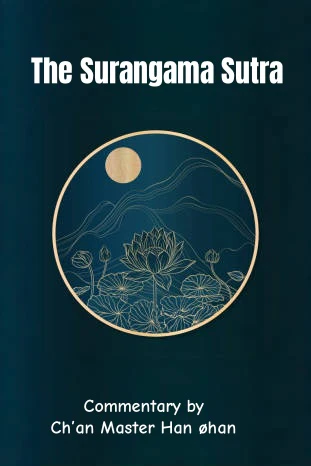Five Signs of a Person Being Wasted Away
American writer James Hollis wrote in “The Middle Passage”: After the age of 40, one can start anew even after being crushed by fate, but if one wastes away on their own, there will be no way out. A person does not deteriorate in an instant. A self-wasted life often reveals its signs through various details. However, the entire process is secretive and hard to detect, with no one to warn you. It is essential to carefully examine and observe your own life. When the following five signs appear, it is time to be alert:
- Indulging in trashy happiness: Trashy happiness refers to activities that engross you but lack any substantial meaning, such as endlessly scrolling through short videos, staying up late playing games, binge-watching TV shows, or playing claw machines. These activities may provide temporary joy but leave a sense of emptiness afterwards. Blogger Chen Xiaohan shared his story of becoming addicted to games in college, leading to financial debt and anxiety.
-
Diligent in thought, lazy in action: Yang Lan once said, “Sometimes fate’s irony lies in your constant hesitance. By the time you finally make up your mind, it may be too late.” If you keep pondering a problem without taking action, even the best ideas will remain unrealized. The short film “Saturday” portrays a character who spends more time planning than doing, ultimately regretting wasted days. It emphasizes the importance of decisive action to avoid regrets.
- Impatience and lack of patience: Many people, due to impatience, seek shortcuts and bypass the action phase, only to realize they have taken the wrong path. The true shortcut is the seemingly long and inefficient path of action. A story is shared about a young man who aspired to become a millionaire overnight through various failed business ventures due to impatience.
-
Pursuing stability, unwilling to change: After watching the movie “The Shawshank Redemption,” the character Brooks is seen as the most regrettable. Brooks, a long-term prisoner, struggled to adapt to freedom after years in prison, ultimately leading to despair and suicide.
-
Low-level diligence: The book “Outliers” suggests that a person may stagnate in a field for years without significant improvement due to naive practice. This low-level diligence involves putting in a lot of time and effort without achieving the desired results. A story about a music student who practiced without focus highlights the importance of deliberate practice over mere effort.
The conclusion emphasizes living life according to your own values and beliefs, as life rewards those who earnestly shape their own path.
Today’s Book Recommendation: The Shurangama Sutra
The Śūraṅgama Sūtra is a significant Buddhist scripture that primarily focuses on how to dispel delusions and realize the pure mind. Its core teachings include:
- Dispelling Delusions to Reveal Truth – Through a dialogue with Ānanda, the Buddha explains how beings become lost in illusions due to attachments and teaches the path to returning to the original pure mind.
- The Concept of Tathāgatagarbha – The sutra expounds on the Tathāgatagarbha (Buddha-nature), which is inherently present in all beings. It explains that delusions obscure this inherent purity, but through practice, one can restore it.
- Stages of Cultivation – It describes the fifty types of mental demons (skandha-māras), the ten faiths, ten abodes, ten practices, ten dedications, and ten bhūmis (bodhisattva stages), guiding practitioners through progressive levels of realization while warning against pitfalls in practice.
- The Importance of Precepts – The sutra emphasizes the necessity of maintaining moral discipline (śīla), stating that adherence to precepts is the foundation for wisdom and liberation.
- Perfect Penetration Methods – It introduces twenty-five methods of meditation, with a special focus on Avalokiteśvara’s ear-consciousness meditation (ear-root perfect penetration method), which teaches practitioners to return to their true nature through deep listening.
Overall, the Śūraṅgama Sūtra stresses the principles of “dispelling delusions to realize truth” and “letting go of attachments to attain awakening.” It serves as a crucial guide for Mahāyāna practitioners in their pursuit of self-exploration, overcoming ignorance, and realizing their intrinsic Buddha-nature.









